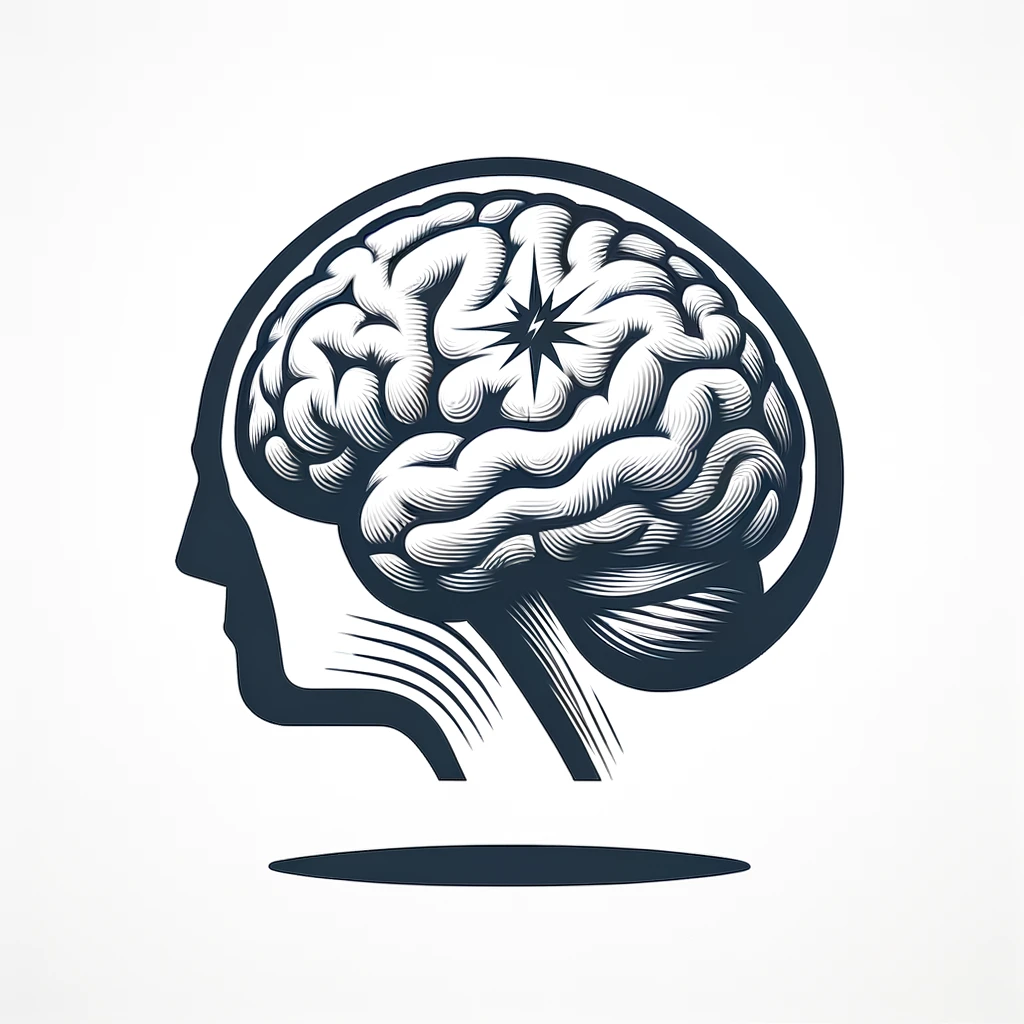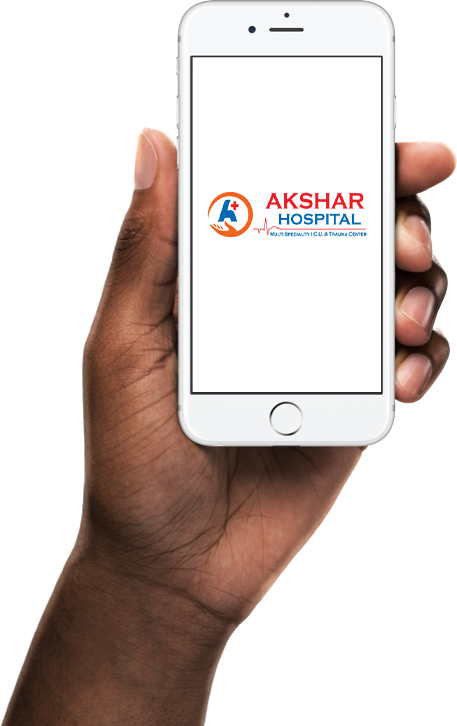A stroke is a medical emergency that occurs when blood flow to the brain is interrupted or reduced, causing brain cells to die. This can result in sudden neurological symptoms such as weakness, numbness, difficulty speaking, or vision problems. Immediate treatment is essential to prevent permanent brain damage and disability.

Common Symptoms of Stroke:
Common symptoms are sudden and often unmistakable, signaling a medical emergency. Symptoms such as a sudden loss of feeling or strength in a limb, particularly on one side of the body, or a numbness in the face are common. Difficulty speaking or understanding speech is another hallmark, as individuals may experience slurred speech or confusion. Another symptom that can appear suddenly is an intense headache, the kind that people often say is the worst headache they've ever had, particularly in the case of hemorrhagic strokes. Identifying these signs and getting medical help immediately is vital, as early intervention can minimize brain damage and improve outcomes.
Stroke Treatment Options:
The treatment options for a stroke are condition and cause-specific. In the case of an ischemic stroke, where a blood clot blocks an artery, prompt intervention is vital. Within a predetermined window of time, intravenous administration of blood-thinning medications, such as tissue plasminogen activator (T;PA), can be done to break up the clot and get blood flowing again to the brain. Additionally, endovascular procedures, such as mechanical thrombectomy, involve physically removing the clot and can be effective in some strokes. For hemorrhagic strokes, where bleeding occurs in the brain, treatment aims to control bleeding and reduce pressure on the brain.
Treatment for Stroke at Home:
While immediate medical attention is crucial for stroke treatment, certain aspects of post-stroke care can be managed at home to support recovery. Following a stroke, individuals may require home modifications to enhance safety, such as installing handrails and grab bars or removing tripping hazards. Medication adherence, as prescribed by healthcare professionals, is essential for managing ongoing health conditions that contribute to stroke risk. Family members and caregivers are vital in providing emotional support and assisting with daily activities. Additionally, leading a healthy lifestyle by consuming well-balanced food, engaging in frequent physical activity (as prescribed by healthcare practitioners), and learning to manage stress effectively can assist overall well-being and healing.
Consulting a Doctor or Specialist:
Consulting a doctor or specialist is imperative for anyone experiencing symptoms of a stroke or seeking comprehensive stroke prevention and care. If sudden signs such as numbness, weakness, difficulty speaking, or severe headache occur, immediate medical attention is crucial. A healthcare professional, usually an emergency room physician or a neurologist, can conduct a thorough assessment, order diagnostic tests, and determine the appropriate course of action. Early intervention, particularly in the case of ischemic strokes, may involve the administration of clot-busting medications or other time-sensitive treatments.
Medical Approaches to Reduce Stroke:
Combining preventative measures with procedures that are specifically aimed at reducing the risk of Stroke is one of the medical techniques that can be used. Managing hypertension, a significant risk factor, often requires antihypertensive medications prescribed by healthcare professionals. Medications such as anticoagulants or antiplatelet may be recommended to prevent blood clots, particularly in individuals with atrial fibrillation or a history of Stroke. Statins may be prescribed to control cholesterol levels and reduce plaque buildup. For those with diabetes, maintaining tight control over blood sugar levels is crucial. Additionally, lifestyle modifications, including smoking cessation, regular exercise, and adopting a heart-healthy diet, are integral components of medical approaches to reduce stroke risk.
Stroke




